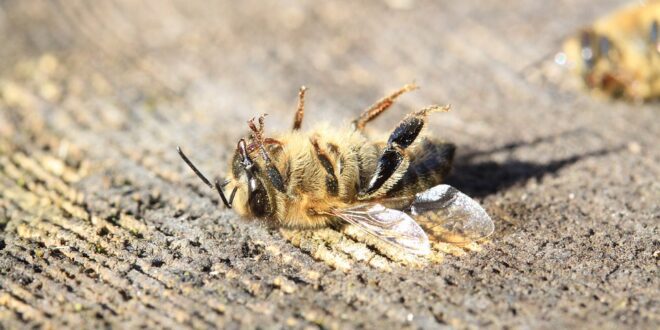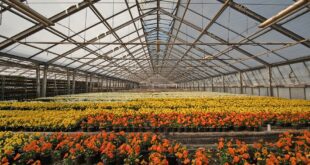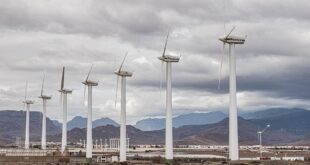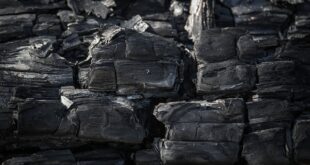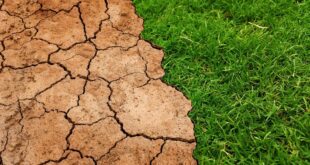Global Warming: Threatening Wildlife Worldwide
The Shocking Effect of Global Warming
Scientists are worried that our planet is heating up at an unprecedented rate, which is detrimental to the well-being of several animal species. This common phenomenon, referred to as ‘global warming,’ remains a growing concern and poses a severe threat to biodiversity.
Harmful Impact on Ecosystems
Due to the rapidly increasing temperatures of our planet, wildlife populations worldwide are suffering adversely. Global warming causes animal populations to experience numerous hazards such as a shift in temperature and weather categories and habitat loss. The steady rise in Earth’s temperature leads to the immense melting of glaciers and subsequent sea-level rise, which floods the wildlife pens in several regions, primarily as residing areas are taken over by human movement and residence expansion.
Negative Impact on the Food Chain & Biodiversity Loss
The after-effects of global warming are severe, even beyond habitat displacement. It absolutely has a disturbing jump on a food chain in which several animals depend on each other for their diets. Reduced crop yields, less productive farm areas, as well as poor aquatic life presence, are taking a hit. Consequently, these effects imply degenerating health issues and ultimate danger-related risks to the species whom the food chain is crucially linked.
Reduced Breeding & Increased Extinctions
Many animals are faced with reduced breeding seasons due to climatic change that affects reproductive timing. Extreme weather conditions, acidification & higher water temperatures directly cause extinction rates to surge – a problem we ought to recognise over the upcoming seasons.
In Conclusion
It is no longer speculation, the evidence exists but we should act realistically fast to minimize the destructive impact on animal life forms if truly we expect our ecosystems to be healthy and sustainable. It is time to be considering various opportunities like the use of green energy technology to minimize carbon release into the air, investing in and improving cleaner energy technology and vegetation management as compensation for negatives adaptation. As we take proactive steps towards minimizing global warming, we not only save our biodiversity but also our planet’s ability to generate newer species and safeguard a living planet for future generations.
 Mind Uncharted Explore. Discover. Learn.
Mind Uncharted Explore. Discover. Learn.
